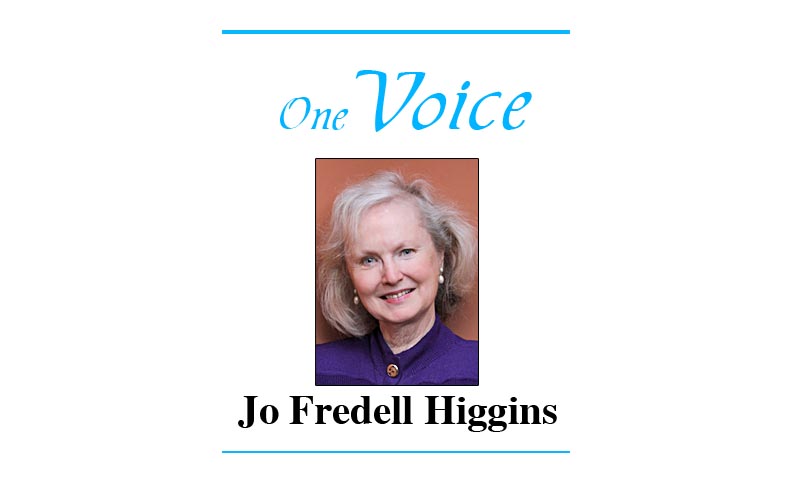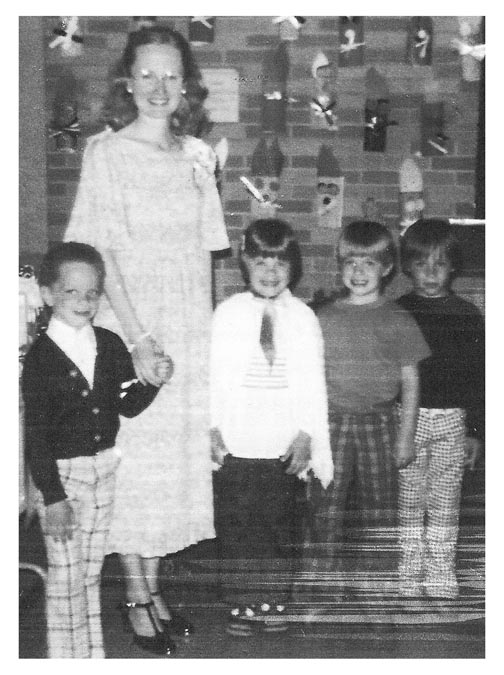
How enchanting it is to teach primary children!
Especially preschool and first graders. Their joy and enthusiasm is infectious.
One morning as the children were coming into the first grade classroom, I stood at the door to welcome them, and a little one looked up at me and exclaimed, “Boy, this is going to be the best day of my life.” Delightful!

On another morning a little girl put her closed hands in front of me and said “I have something for you and my Mom said it was all right to give it to you.” When she opened her hands, there lay a small gold heart. I still have it. A preschooler came one morning and looked up at me and said “Today is going to be a great day because I am going to my Grandma’s for ice cream.” Gotta love these little angels, so fresh and innocent.
Then there were the love notes. I have one framed at home which says “I love you, Mrs. Higgins. I do. I do.” She had drawn tulips all around her message. There was another note, saved, when the child drew a picture of me and again said “ Mrs. Higgins, I love you. From Sherry L. Schultz.”
There is a book that was printed 50 years ago written by H.A. Overstreet entitled “The Mature Mind” and I refer to it time and time again. And I am reminded that these small children who came to me full of hope and optimism would grow up to be who they were meant to be and I could see their distinct personalities at ages 4 or 6 or 10.
There was the little girl who was my helper and was always willing to help others. There was the little boy full of mischief and energetic. There was the small child who could all ready read at age 4. Another child was Miss Social Butterfly and another so introverted and alone. I taught children who were so bright and children who were not. There was a child who all ready showed talent as an artist. And another one who was great at athletics. There were the studious bookworms always with a book in their hands. The were children who found it very difficult to learn to read.
Not all adults are adult.
Not everyone will grow up to be emotionally mature or psychologically no longer an adolescent. Many who are grown up physically are emotionally immature. They remain the spoiled children who insists on their way and their demands are excessive. Some even are narcissistic or become alcoholic or have trouble getting and keeping a job. Much of this immaturity stems from unresolved conflicts of their childhood which Freud discovered with his patients in Vienna.
Freud’s method was to have the patient revive memories of long-forgotten experiences. When this was placed within the context of adult understanding, the conflict was revolved and the patient cured. What this insight, in its simplicity, is that a human being does not grow beyond a problem that has deep, emotional, significance until s/he comes to terms with that problem. Until s/he understands it, his adult development is arrested. We know people who are still operating at an infantile level even at advanced stages of life. We know those who show great maturity even in their 20s or 30s.
Were it such that all the children I have taught have grown up to be mature, responsible, adults and a credit to their communities. I recall my delightful kindergarten Charles who one day on a field trip to the Morton Arboretum exclaimed “Boy, this is living!” Would that everyone we meet be able to exclaim that they are truly living their best life.

